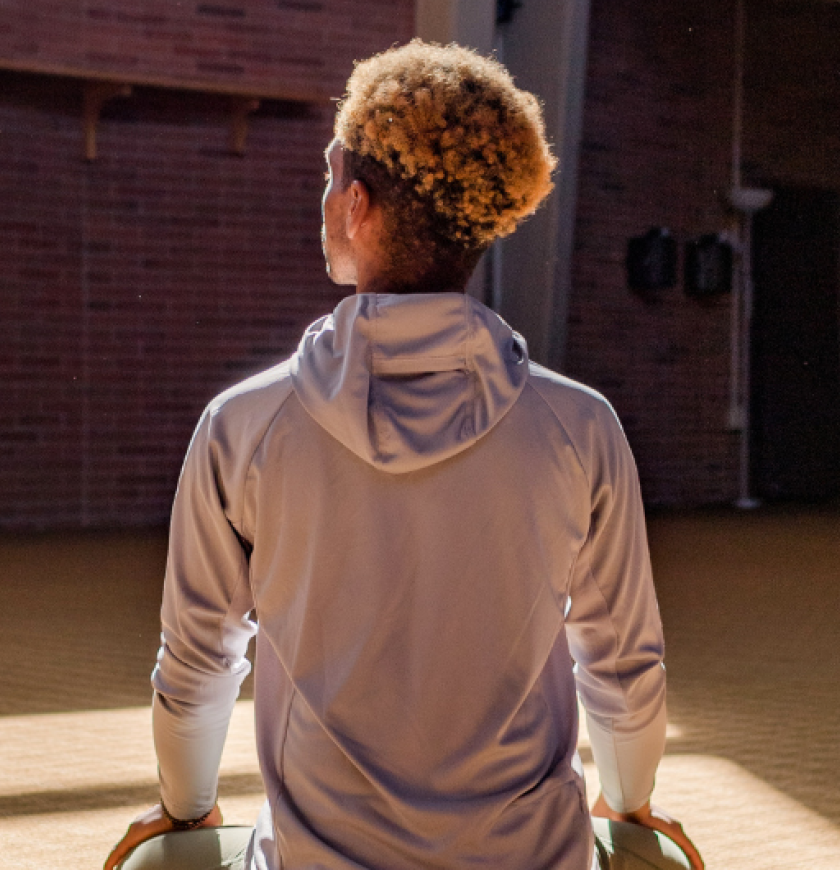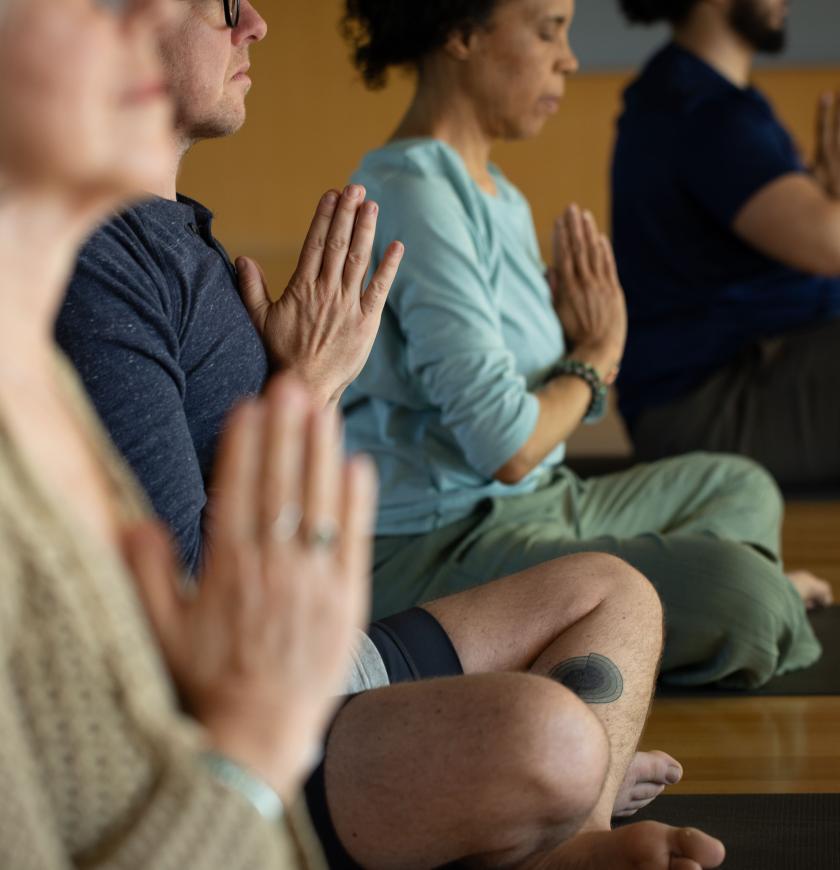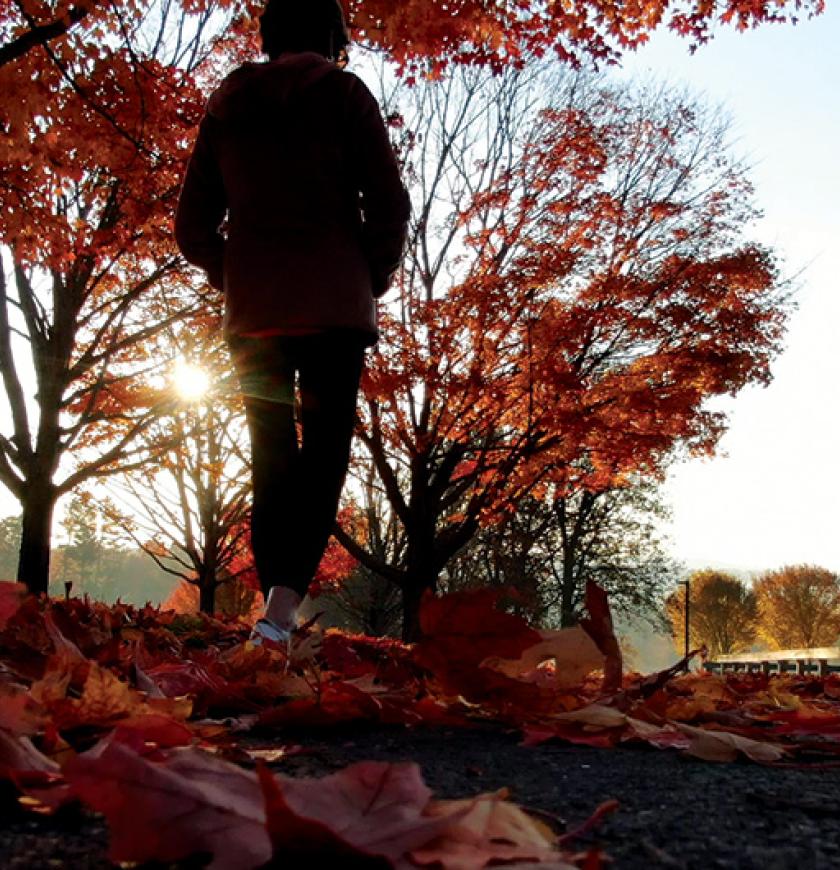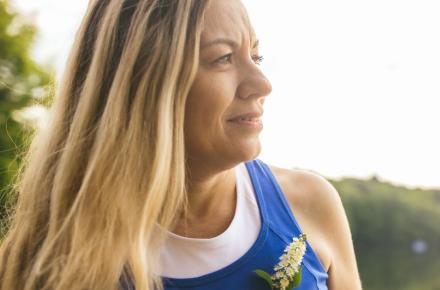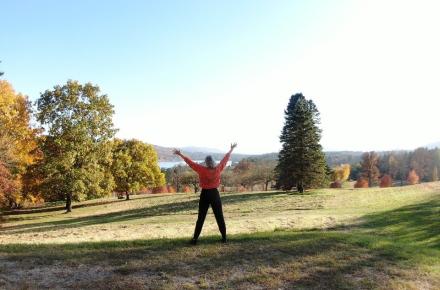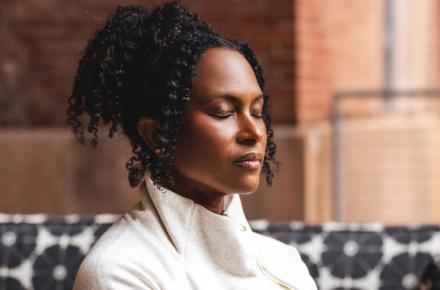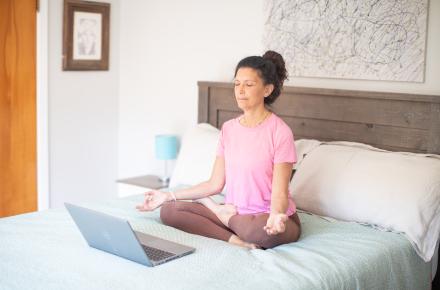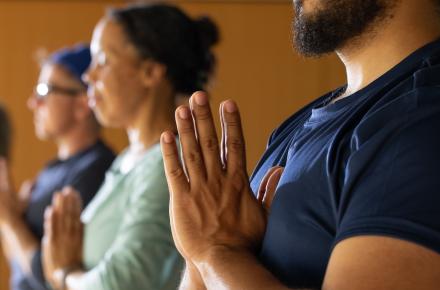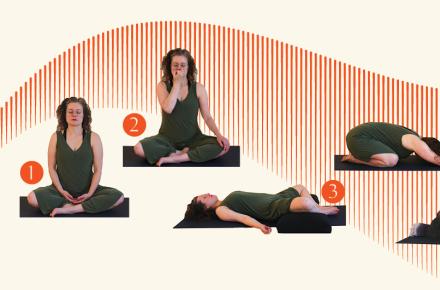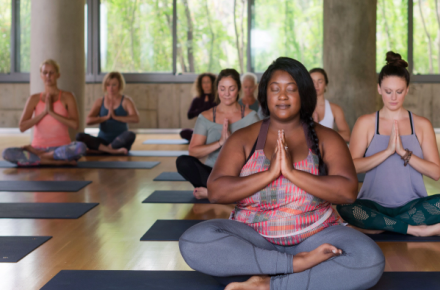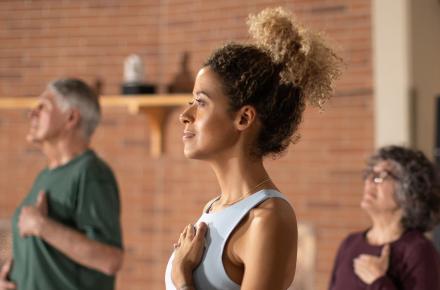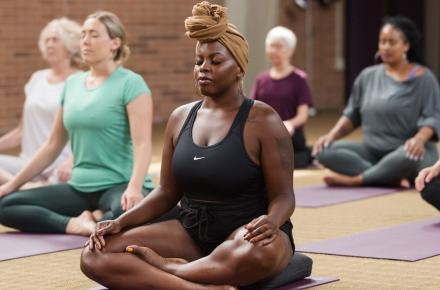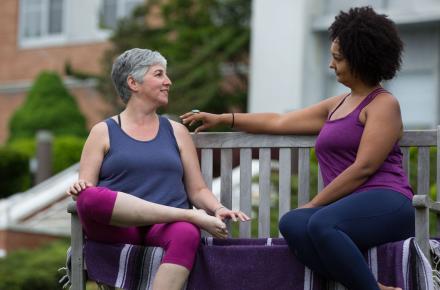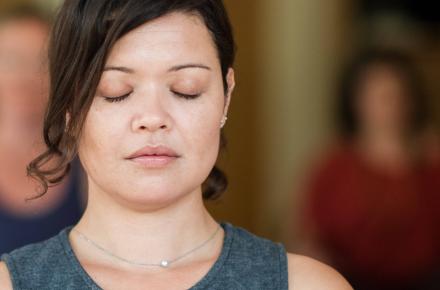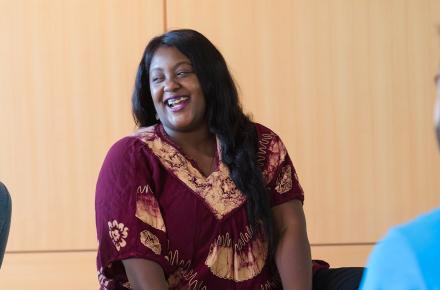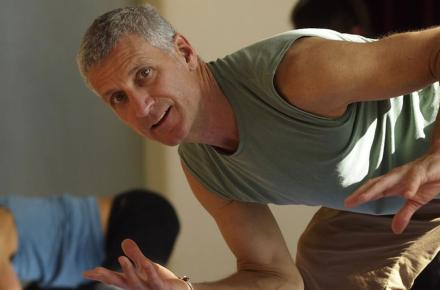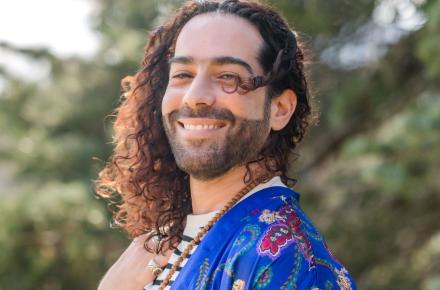The Healing Power of Qigong
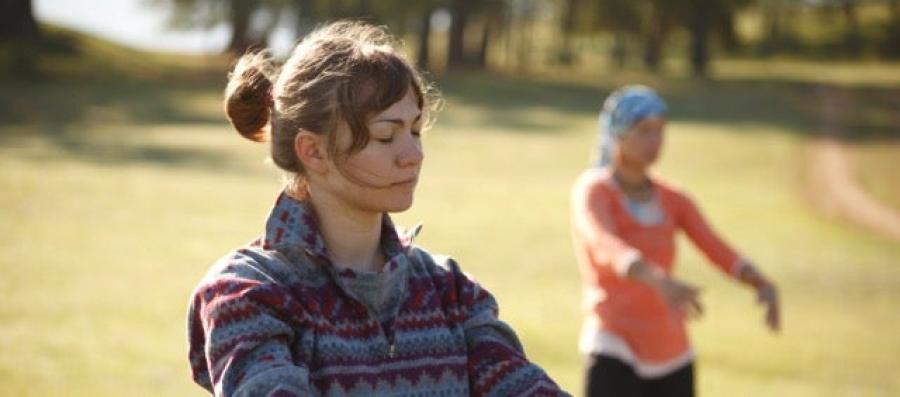
Qigong instructors Deborah Davis—an acupuncturist and medical intuitive—and Ken Nelson—a leader in mind-body practices who also teaches yoga, meditation, and bodywork—share their personal connections to qigong and discuss its benefits.
What exactly is qigong?
Deborah Davis Qigong is an ancient system of self-healing that’s been around for 2,000 years. It’s a practice that’s meant to help your body heal itself naturally.
Ken Nelson “Qi” means energy and “gong” means to cultivate. It’s an umbrella term for any energy/movement work, such as martial arts and tai chi. Qigong is one of the four pillars of Chinese medicine.
Do yoga and qigong complement each other?
Deborah They’re a good complement to each other yet differ in their benefits and intentions. Yoga is great for improving strength and balance and can be a path of spiritual development. Qigong is gentler and easier but it’s very profound in its capacity to heal. Many women come to my qigong classes who can’t do yoga because of injuries. When someone is ill, I offer qigong since it can be practiced in bed or in a wheelchair and can be effectively adapted for weaker patients.
Ken Qigong and yoga are healing arts that can be practiced anywhere, anytime, whatever the circumstance. All you need is to breathe, move, and focus the mind on present-moment awareness. Both tone the physical body and provide healing benefits by calming the nervous system, increasing the release of endorphins, and reducing stress and chronic tension. They each have a positive effect on mood and behavior, slow the aging process, and enhance wholeness by aiming to integrate the body, mind, and spirit.
How can medical qigong heal?
Deborah The purpose of medical qigong is to prevent and treat illness of all types. It’s important to harness your own life-force energy, and then you can learn how to move it into different parts of your body for healing.
Ken I’ve seen people recover from cancer, chronic fatigue, tumors, cysts, infertility, depression, and diabetes. In medical qigong, we treat the whole person and prescribe specific qigong exercises and meditations to address the organ and meridian system imbalances as well as the basic constitution of the person. Qigong involves not only gentle movements, but also stances to build stamina, immunity, meditation, self-massage, walking, healing sounds, and mudras.
Do you practice qigong and yoga?
Deborah I incorporate yoga into my weekly routine but I prefer a daily qigong practice. I feel more grounded and connected to my spirit after doing qigong. It both energizes and relaxes me. There’s an internal qi flow and connection to nature and universal energies that’s unique to qigong. I can also work on a certain organ system or emotion in my daily practice to create balance for my body, mind, and spirit. Healing sounds, stances, walking meditation, and self-massage are all part of my regular qigong practice.
Ken I practice both, sometimes separately and sometimes together, depending on how I feel. I can get better stretches in some yoga poses. On the other hand, I use qigong when I want to feel more flowing and fluid. I have integrated some qigong movements into my yoga practice and vice versa—not noticing sometimes which one I am practicing, but simply being moved by the energy.
Why are you passionate about teaching?
Deborah I’m passionate about helping women prevent and heal from disease. I focus on women’s qigong because Western medicine has no protocol for maintaining agility, health, and grace as we age. Women go to doctors twice as frequently as men, yet many of their ailments, such as menopause, PMS, depression, fibromyalgia, and fatigue, can be alleviated with qigong. As an aging woman myself, I understand the needs of the feminine body and its challenges.
Ken I have developed a few forms of qigong based on more traditional practices, and I’m passionate about teaching them because I know how these practices help people heal, grow, and awaken. They have awakened in me a call to service.
Browse qigong programs at Kripalu.
© Kripalu Center for Yoga & Health. All rights reserved. To request permission to reprint, please e-mail editor@kripalu.org.

